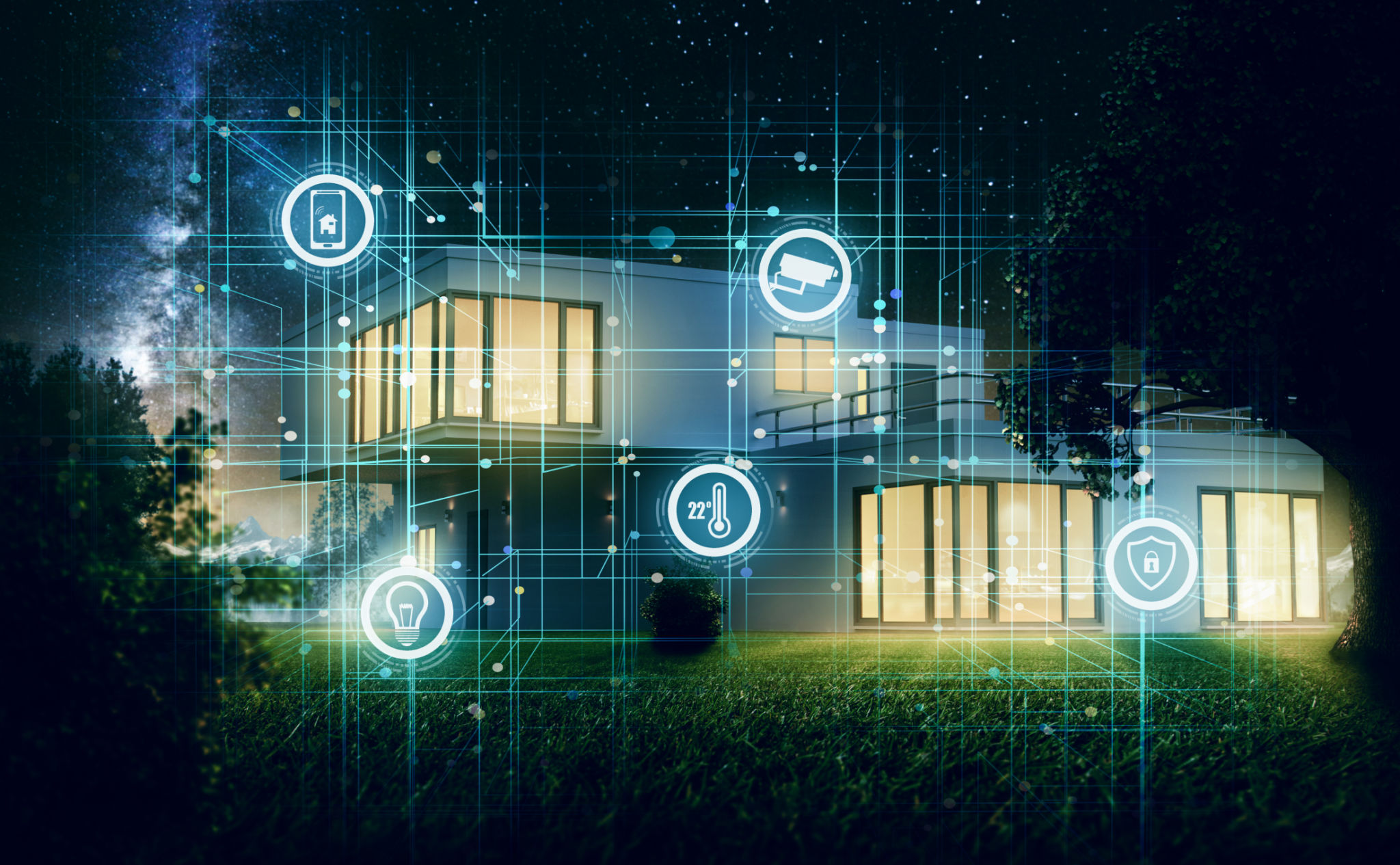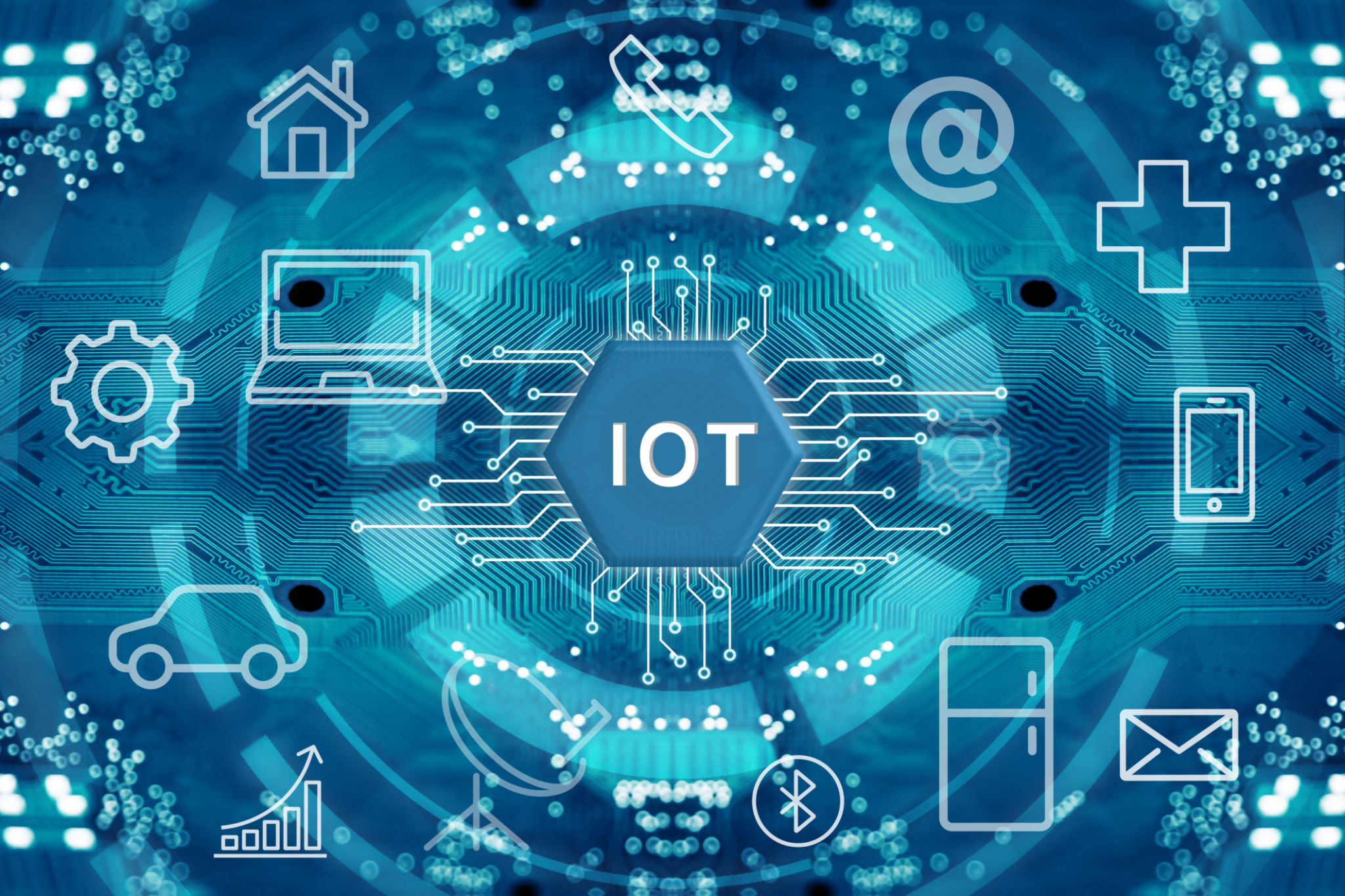Expert Insights: The Future of Smart Home Technology
AD
Understanding the Smart Home Revolution
The concept of a smart home was once the stuff of science fiction, but it has rapidly become a reality for many households today. With advancements in technology, homes are now equipped with devices that offer convenience, security, and energy efficiency. As we look to the future, it's essential to understand the trends and innovations shaping this exciting field.

The Rise of AI and Machine Learning
Artificial intelligence (AI) and machine learning are at the forefront of smart home technology. These technologies allow devices to learn from user behavior and adapt accordingly. For instance, smart thermostats can study your heating and cooling preferences and adjust automatically to optimize comfort while saving energy. The integration of AI in smart homes is expected to deepen, offering even more personalized experiences.
Interconnectivity: The Internet of Things (IoT)
The Internet of Things (IoT) plays a crucial role in smart homes by enabling interconnected devices to communicate with each other. This connectivity allows for seamless operation across different platforms, enhancing the user experience. As IoT technology advances, we can anticipate more sophisticated integrations where household devices work in harmony, providing enhanced control and efficiency.

Security and Privacy Concerns
With increased connectivity, security becomes a significant concern. As more devices are linked to the internet, the potential for cyberattacks rises. Protecting personal data and ensuring secure communication between devices is paramount. Future smart home solutions will likely focus on strengthening encryption and introducing more robust security protocols to safeguard user information.
Energy Efficiency and Sustainability
Environmental sustainability is becoming a key consideration in smart home technology. Energy-efficient appliances and systems not only reduce utility bills but also minimize environmental impact. Innovations such as smart lighting, automated shading systems, and energy management platforms are leading the charge in creating eco-friendly homes.

The Role of Voice Assistants
Voice assistants like Amazon Alexa, Google Assistant, and Apple Siri have revolutionized how we interact with smart home devices. They provide hands-free control and access to information with simple voice commands. As voice recognition technology continues to improve, we can expect even greater integration within smart home ecosystems, making them more intuitive and user-friendly.
Customization and User-Centric Design
Future smart home technology will place a stronger emphasis on customization and user-centric design. Homeowners will have more control over how their devices look and function, ensuring that their homes reflect their personal style and preferences. Modular designs and customizable interfaces will empower users to tailor their smart homes to suit their unique needs.
Looking Ahead: The Smart Home of Tomorrow
The future of smart home technology is bright and full of potential. As innovations continue to emerge, the focus will remain on creating intelligent environments that enhance quality of life while addressing security and sustainability concerns. With continued advancements in AI, IoT, and energy management, the smart homes of tomorrow promise to be smarter, safer, and more efficient than ever before.